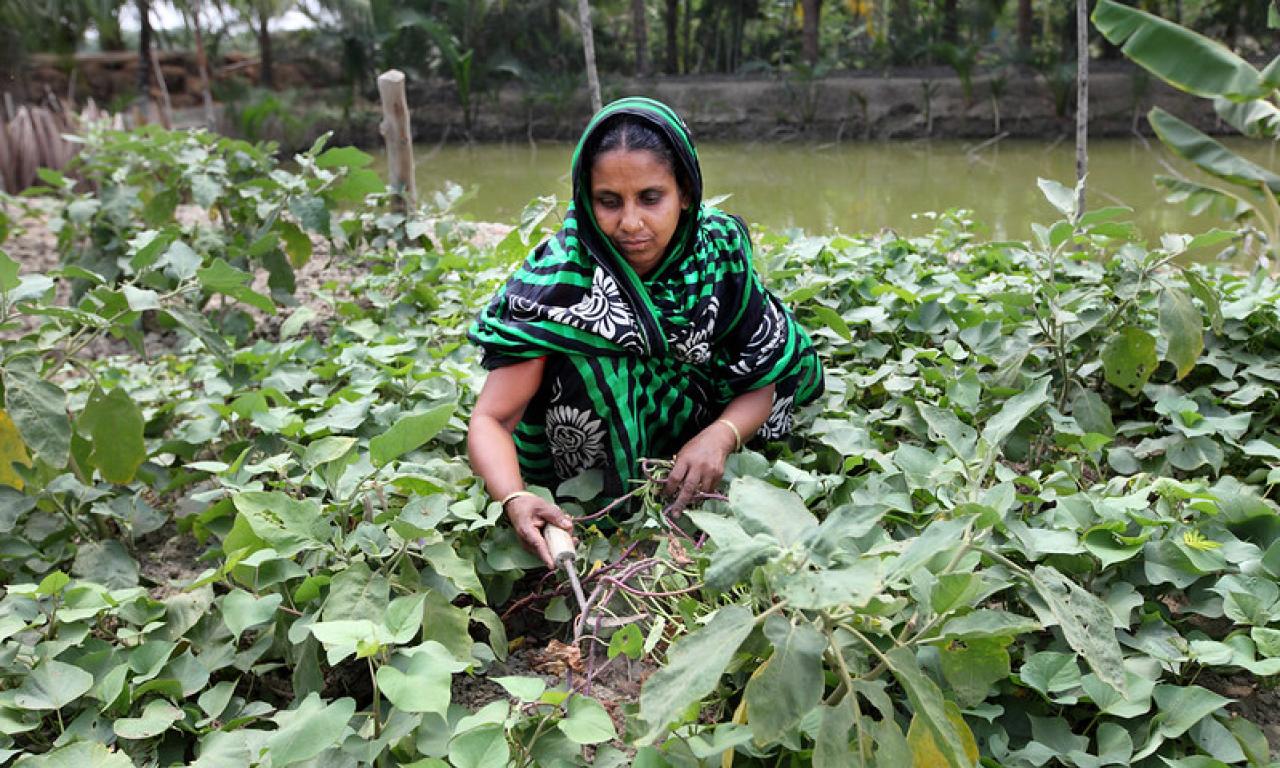
Shakuntala Thilsted, recipient of the 2021 World Food Prize, explains why diverse aquatic food production systems need to holistically nourish the world in an article in Nature Food.
As the world’s human population grows, fish and aquatic foods are set to play an increasingly vital role in food and nutrition security. Farming fish and other aquatic foods is one of the best solutions to nourishing humankind, with a relatively low environmental impact compared to land-based food production systems, and can be implemented in diverse systems and contexts.
Aquaculture is set to undergo robust growth in the years ahead, and diverse production systems are key to ensuring both the sustainability and nutritional benefits of fish. Practitioners and researchers must revolutionize production systems so that diversity is prioritized, ensuring a place for carp raised in backyard homestead ponds alongside larger systems that produce tilapia and catfish.
Positioning aquaculture within a larger food systems framework, it is imperative to look beyond the quantity of food produced to its quality. Diversity in species and size helps to optimize system productivity and the nutritional gains derived from aquaculture. Pond polyculture approaches, which raise small indigenous species alongside larger commercial species, results in multiple harvesting periods within a season and enables better availability and more frequent consumption of fish.
Improved dietary diversity and aquatic food consumption is key to fostering better health outcomes, especially for women and children in the first 1000 days of life. Fish and aquatic foods are super foods rich in micronutrients, protein and essential fatty acids, and diverse production systems are essential to deliver these critical nutrients where they are most needed.
A paradigm shift is necessary to ensure that fish and other aquatic foods are adequately consumed by people. Building on the holistic approach of the food systems framework, nutrition-sensitive approaches to aquaculture will ultimately result in improved food and nutrition security within planetary boundaries.
Aquaculture can no longer be driven by production and quantity alone. Increasing consumer demands for diverse, nutritious and safe aquatic foods and concerns for environmental costs must shape nutrition-sensitive aquatic food systems approaches—a transformation that will nourish nations.